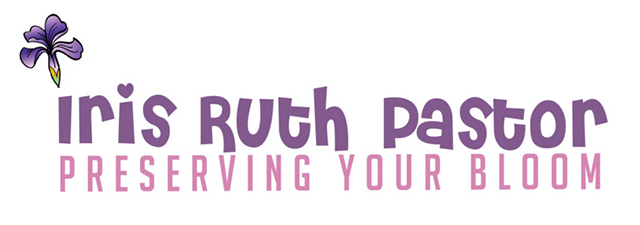Whew! Finally, the L. A. fires are weakening, though dangerous conditions are still expected next week. So far: 25 dead and more than 12,000 structures have been destroyed – encompassing 60 square miles.
And in the Tampa Bay Area? We are still dealing with the brutal aftermath of two back-to-back hurricanes – Helene and Milton in late September and early October. Those of us who live there all know people whose homes have been damaged and their lives disrupted.
Professionally, my younger brother has managed greater than 40 presidentially decreed disaster assistance programs and he is a recognized expert on contamination issues.
Personally, my younger brother‘s first floor condo – across from the beach – has been uninhabitable due to a couple of inches of contaminated sea water inundating his floors and walls during the last hurricane. This led to mold issues which needed to be remediated and have affected his plumbing, cabinets, and electrical mechanicals. He’s hoping to move back into his unit this summer.
“There’s a big difference between managing a program and being a victim,” he related to me one day early in his residency with my husband and me in our home. “When I managed a disaster – especially when in my 20’s and 30’s – it was challenging, rewarding and sometimes even fun. You look at things differently as you age and mature. As a victim, it is extremely frustrating, sad and seemingly a never-ending saga in the quest for normalcy.”
My brother Steve evacuated and left the state before Milton hit. He came home to find he had lost most of his clothes, every area rug, his only sofa, end tables, bookcases, computer and car.
“Navigating through the federal, state and local assistance agencies is de-humanizing. Dealing with computers and not people is difficult. And getting contradictory information from different agencies is infuriating – not to mention the long delays involved in obtaining permitting for repairs,” Steve tells me.
My brother is 73 years old and comfortably retired. Prior to his beach living, he led a “nomad” existence – not encumbered by a huge inventory of things or overly tied to one geographic location. He partially credits that to his more pragmatic adjustment to his newly altered circumstances.
He will need his pragmatism. It could easily be a full year before he moves back into his condo.
Here’s Steve’s picture where he is bookended between my sister and me

Here’s Steve’s tips for COPING:
- Try to keep your basic routine in place to provide structure.
He used to walk to the same café every morning for eggs over medium and coffee and then walk a few miles on the beach. Now living with my husband and me, he drives to a local brunch place and walks our neighborhood later in the day.
- Your social structure and sense of community will be disrupted. Reach out.
My brother goes back to St. Pete Beach weekly to maintain ties and social connections.
Here’s Steve’s tips for DEALING WITH PEOPLE IMPACTED
BY NATURAL DISASTERS:
- EVACUATE when told to do so.
- Don’t wade in the water – it’s contaminated.
- Listen.
- Listen.
- Listen.
- Caution them at first blush TO DO NOTHING. JUST THINK ABOUT IT. THEN DEVISE A BASIC, FLEXIBLE PLAN. THEN BEGIN TO ACT.
Here’s Steve’s LESSONS LEARNED:
- Don’t buy a first floor condo in a designated flood zone.
- If you already have one, use sandbags before getting the hell out of the state.
Here’s Steve’s tips for LIVING WITH ME AND MY HUSBAND:
- Learn to ignore the domestic disputes of the relatives providing you shelter.
- Tune-out said relatives’ focused attention on their trivial concerns.
I guess I’m not going to get any sympathy from my brother over not having time this week for a very much needed mani and pedi.
Keep Preserving Your Bloom,

